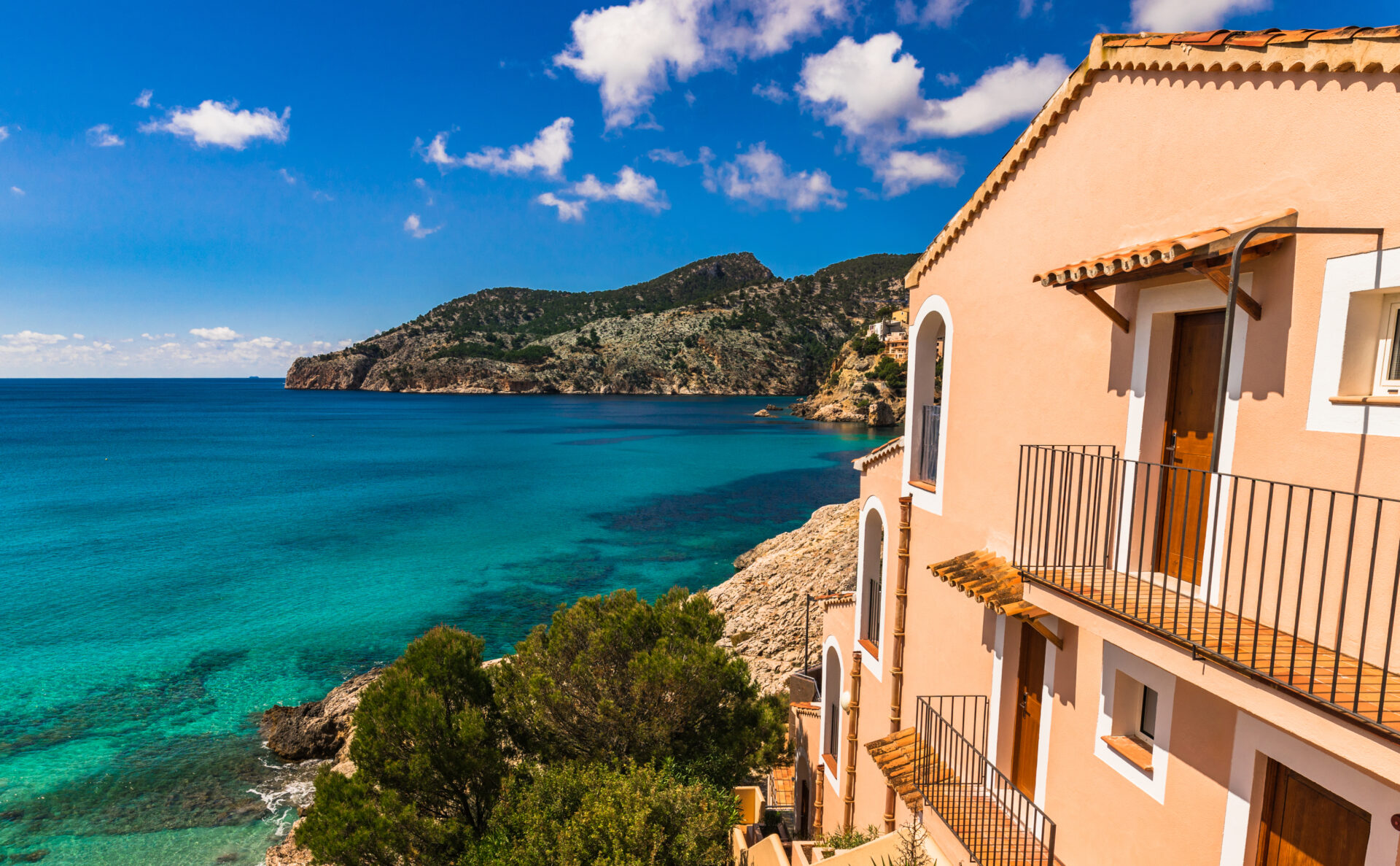Many retirees moving to the sun choose to rent before buying property in Spain. But what’s the best way, long or short term, and what impact will Spain’s new housing law have?
In our most recent Spain reader survey, one in five readers told they were intending to rent a property first. It was a particularly popular option among would-be retirees.
Indeed, it is often a good idea to rent a property for a while before buying, to give you the reality of living in a particular area. It also allows you to take the time to search for your ideal home in Spain.
Find homes in Spain via our property portal.
Long- or short-term renting before buying?
But such rentals don’t need to be long term. There is no shortage of opportunity to rent on a short-term basis. A holiday rental, which can be up to a month or two, will usually fit the bill for most people, allowing plenty of opportunity to get to know an area at an affordable price.
A medium-term rental is a popular option on Spain’s Costas – a great escape from January or February in the UK and Scandinavia! It can be a very reasonable price. In the off-season on the Costa del Sol you can rent an Airbnb apartment for a month for well under £1,000.
If you do choose to rent long term, this can be more problematic. Partly that is down to a new law intended to protect renters. In May this year, a new housing law was introduced, designed to protect the tenant. In principle, it sounds pretty good. There are measures to cap rent increases and to give tenants more security.
On the minus side, there have been some negatives arising from the law. Many landlords have decided to sell the property rather than have their freedom curtailed. The result is a surfeit of properties to buy and very little available to rent. This, in turn, means that rents of new contracts have increased due to supply and demand.
Advantages of renting long-term
People who are working in Spain for a few years prefer to rent as they can give a month or two’s notice and leave. Similarly, some retired people don’t want the hassle associated with buying such as property maintenance and certain taxes payable by property owners. Then there are those who want to live in Spain but don’t have the funds to buy exactly what they want.
The landlord is liable for keeping the structure of the property in sound condition, making sure it provides things that are needed for normal living, an oven, heating and/or air conditioning, water heater and so on. If these break down, it is the landlord who should pay for repairs.
In addition, rental contracts are fixed for five years after which they can be renewed or continued with the agreement of the landlord and tenant, giving tenants a reasonable security of tenure. Rents increases are currently permitted at 2% this year and 3% in 2024.
The new renting law: ‘stressed areas’
In addition, under the new law certain areas of Spain have been designated as “stressed areas” (zona tensionada). These are locations where rents are high and local people can’t afford them, forcing them to move away from friends and family ties (something that many Spanish people find stressful).
These include the Balearic Islands with 95% of its population in stressed areas, Málaga province with 94% and Madrid with 90%, and indeed many parts of the Costa del Sol and Costa Blanca.
An area is labelled as distressed by the local authorities and they can be the whole district or just a small number of blocks. Rents can be regulated in these specific zones, and while smaller landlords will be reimbursed with tax privileges, larger landlords won’t.
Investing in rental property
Despite the new law, if an individual owns five rental properties or less, it is still viable to “buy to let” in Spain. In fact, it might be an excellent moment to do that as there is a glut of properties for sale at the low to middle price range, so you could end up making a very profitable deal.
Look for property in good condition that might just need freshening up, preferably with some outside space in a pleasant neighbourhood. A house can be converted into two apartments with planning permission, a used property will usually have larger rooms, a modern apartment won’t need much doing to it. If possible, buy an investment property near to where you live so that you can manage it yourself. Otherwise, seek out a reputable management agency to manage it for you. Expect to pay them 15% or more of the rental price. They take responsibility for the total running of your investment and will keep you informed of problems or change of tenant and so on.
You can use comparison sites to help you choose a management company or ask around locally. Most estate agents will either have their own or can recommend management companies but it’s definitely worth doing some homework for yourself. It’s better to choose a company that has been in business for several years.
Advantages of renting before buying property in Spain
Many of those working in Spain for a few years prefer to rent; they can give a month or two’s notice and leave. Similarly, some retired people understandably want to be sure of the move before committing.
For long term renters – generally over six months – the landlord will be liable for keeping the structure of the property in sound condition, making sure it provides things that are needed for normal living (such as an oven, heating and/or air conditioning, water heater and so on). If these break down, it is the landlord who will pay for repairs.
In addition, rental contracts are fixed for five years after which they can be renewed or continued with the agreement of the landlord and tenant, giving tenants an excellent security of tenure. Rents increases are currently permitted at 2% this year and 3% in 2024.
You might also like:














